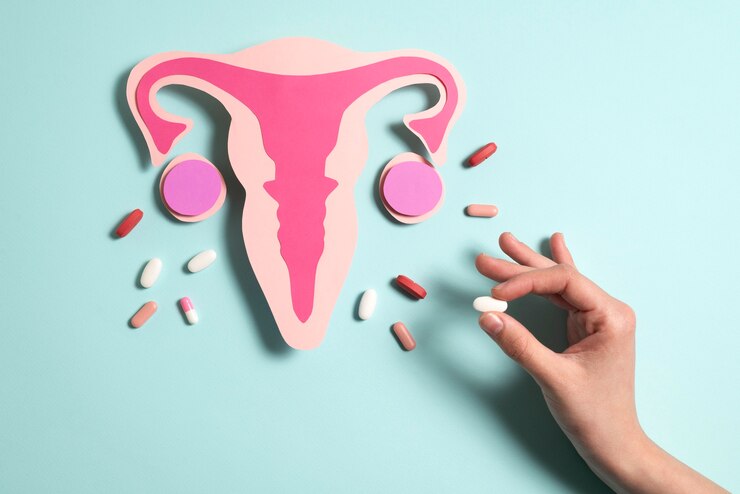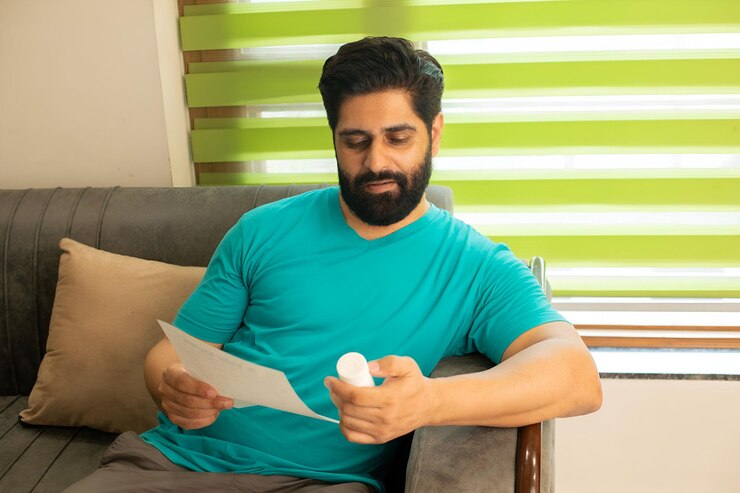
Is IUI Painful? All You Wanted To Know About Intrauterine Insemination
While people find it extremely challenging to adapt to the various ways of getting pregnant, one of the most standard procedures was IUI, or intrauterine insemination. This procedu






